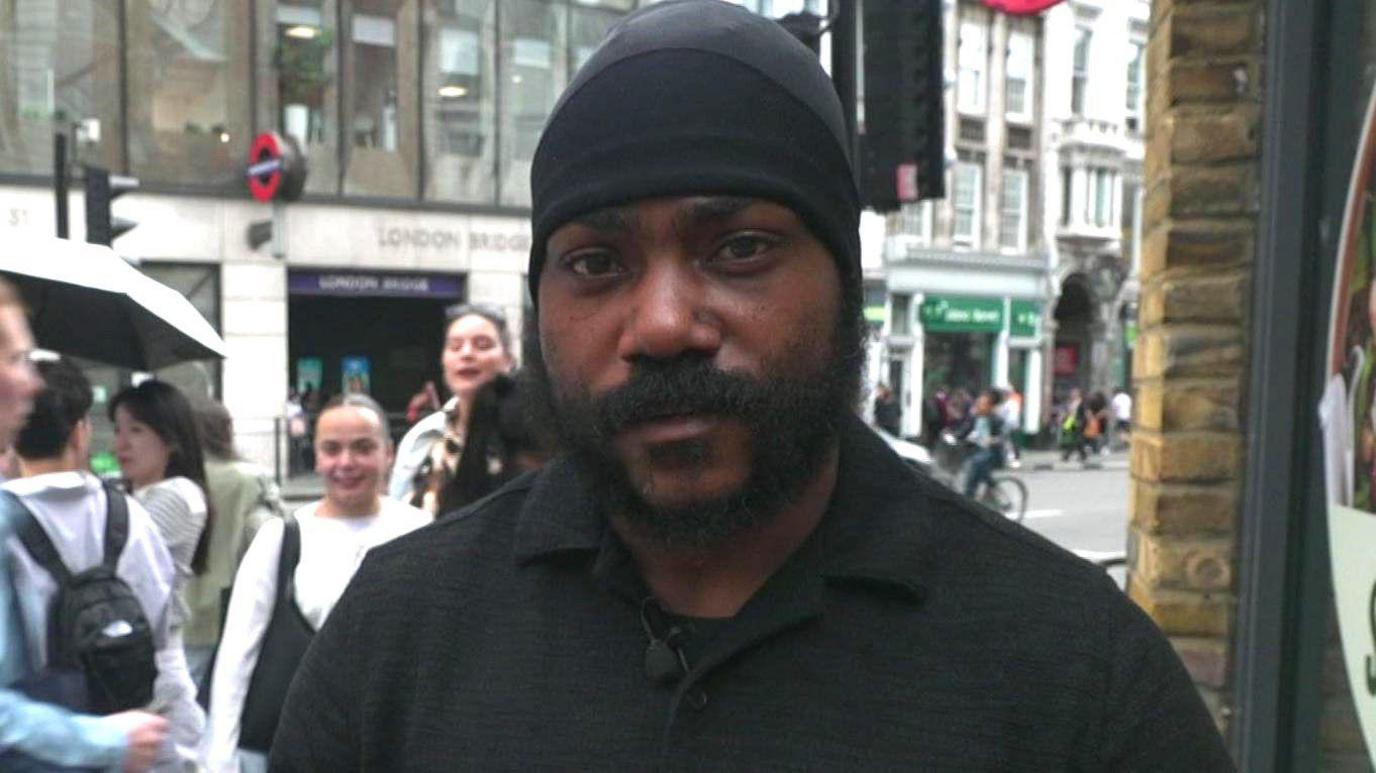Wrongly jailed man loses prison stay refund appeal
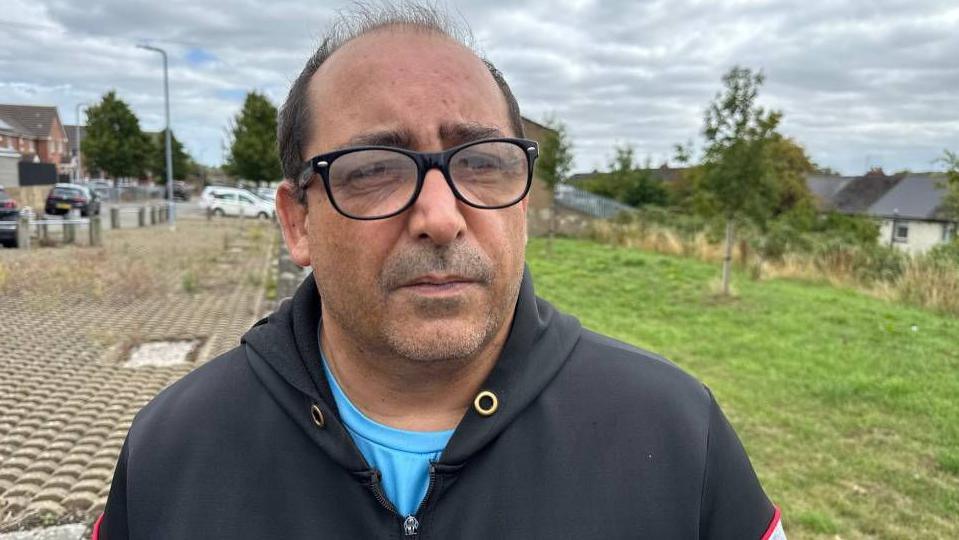
After his release from prison, Michael O'Brien had £37,500 deducted from his compensation to cover "saved living expenses"
- Published
A man wrongly convicted of murder has lost a legal challenge to reclaim money he was charged for bed and board during the 11 years he spent behind bars.
Michael O'Brien was one of three men wrongly convicted of the 1987 killing of Cardiff newsagent Phillip Saunders.
After his release, Mr O'Brien had £37,500 deducted from his compensation to cover "saved living expenses" while in prison, which he has been campaigning to have returned.
But a High Court judge has rejected his attempt to bring a judicial review of the deduction, which was made by the Ministry of Justice.
An MoJ spokesperson said the deductions were "no longer taken" from victims of miscarriages of justice, but said the change "does not apply retrospectively".
Compensation cuts anger of wrongly jailed man
- Published30 July 2023
Why are wrongfully convicted prisoners charged jail costs?
- Published27 July 2023
Murder miscarriage report published
- Published10 December 2015
Mr O'Brien, 57, described the ruling as a "blow", saying he had hoped to have a hearing in front of judges.
"Unfortunately that's not the case, and at the moment we cannot take it further because if we do they'll charge us for all the costs," he said, estimating that could cost "over £100,000".
He added that he was "very angry" when he heard the news.
Mr O'Brien brought the claim alongside Paul Blackburn, who spent 24 years in prison for a 1978 child murder in north-west England that he did not commit.
Mr O'Brien received £692,900 in compensation in 2002, three years after his release, and Mr Blackburn was awarded £1,370,500 in 2011.
Mr Blackburn had around £100,000 deducted for saved living expenses.
In August 2023, Alex Chalk, then Conservative Justice Secretary, scrapped the policy of taking bed and board deductions from all future payouts.
It followed the high-profile case of Andrew Malkinson who was wrongfully imprisoned for 17 years for rape.
Mr O'Brien and Mr Blackburn applied for further compensation following the rule changes, but last year the new Labour government said those who had previously received payouts could not claim back the deductions retrospectively.
In this week's ruling, Mr Justice Ritchie refused to allow the case to progress, although the pair have a week to appeal.
He found the claimants had not been discriminated against and that "the applications were dealt with and completed long before the time the policy changed".
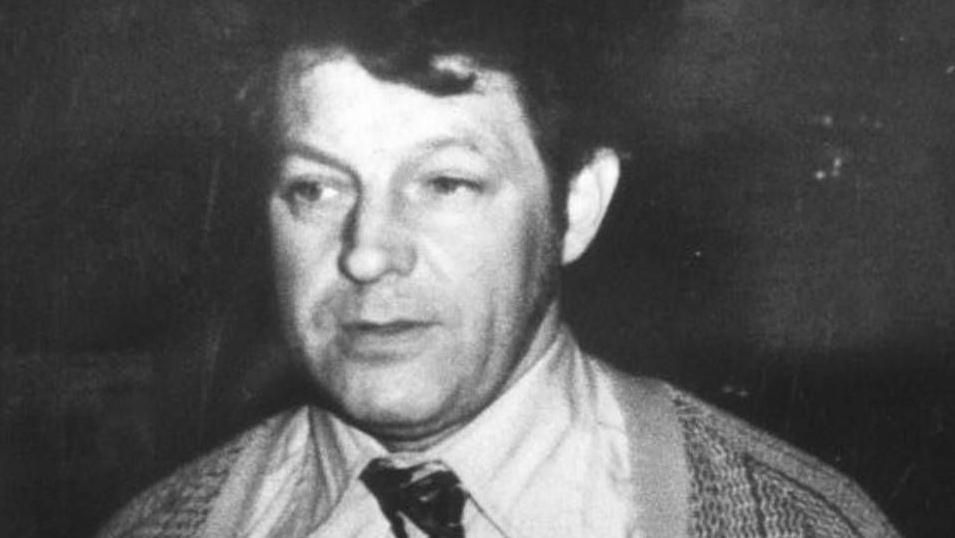
Michael O'Brien was one of three men wrongly convicted for the 1987 killing of Cardiff newsagent Phillip Saunders
Andrew Taylor, a Cardiff-based barrister, described the ruling as "unfair", comparing the case to the fight for justice by former postmasters caught up in the much-publicised Horizon scandal.
He said creating "as much publicity as possible", like those involved in the Horizon scandal, could be an effective next step for Mr O'Brien.
"He's been a tireless campaigner since his release, and I don't think that this is necessarily the end of the matter," he added.
"If you have been convicted of a murder that you didn't commit, nobody recovers," he said, adding that the decision was "another kick in the teeth" for Mr O'Brien.
Mr O'Brien said his options now were to try to get the law changed or take his campaign "onto the streets", adding that he would be lobbying MPs.
He also said his fight for justice had impacted his health, adding that he had post-traumatic stress disorder (PTSD), comparing it to soldiers who had served in Iraq.
"That gives you an idea of the damage they've done to me and many other victims of miscarriages of justices," he added.
- Published19 March
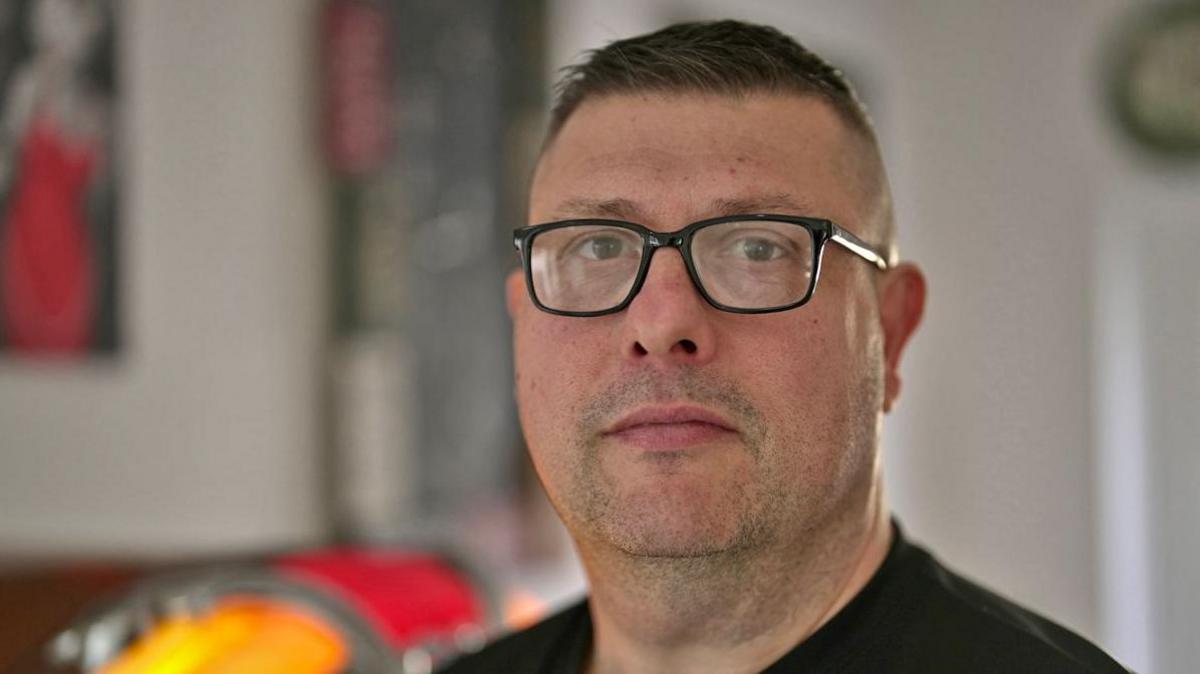
- Published13 May
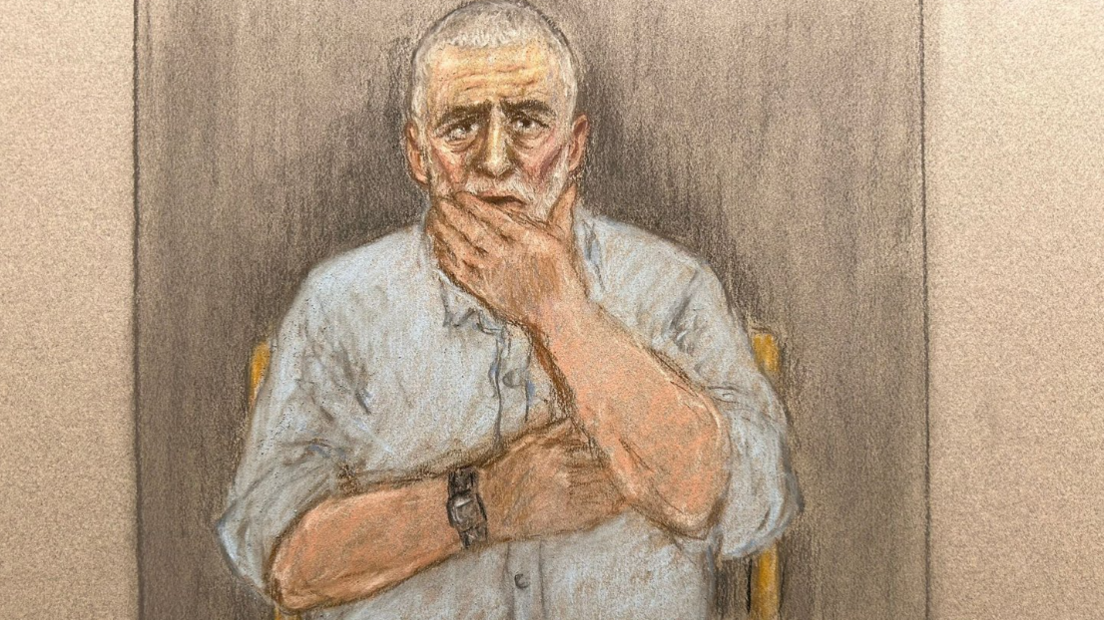
- Published6 August
